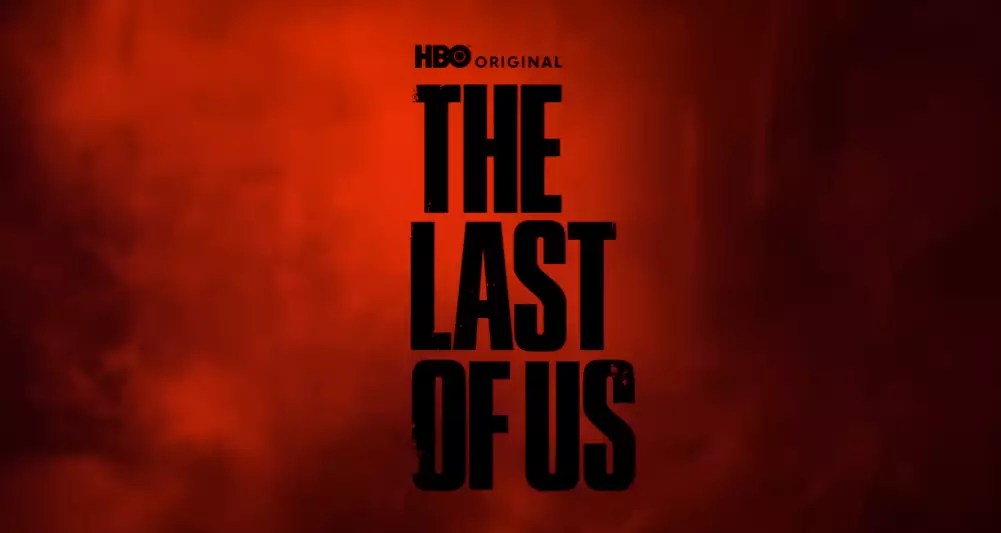In a season packed with vivid storytelling and unexpected twists, HBO’s The Last of Us has taken its audience by storm, not just with gripping character arcs but also with unexpected cameo appearances. The fourth episode of the new season introduced a brief yet impactful performance by none other than Josh Peck, famed for his roles in classic Nickelodeon shows like *Drake & Josh* and *The Amanda Show*. Peck’s character, Janowitz, makes his debut in a flashback sequence and adds a nuanced layer to the already complex narrative fabric of the series.
This surprising casting choice has provoked thought regarding the impact of familiar faces in non-comedic contexts. Peck, a figure ingrained in the public consciousness as a comedic actor, brings an intriguing contrast to the grim world of *The Last of Us*. While the episode captures a moment steeped in the chaotic reality of a post-apocalyptic world, Peck’s role serves as a reminder of the power of transformative acting. He invites the audience to reconsider preconceived notions about actors based on their previous work, showcasing the versatility required in the craft.
A Dark Reflection on Humanity
Janowitz, the character played by Peck, delivers a scathing monologue that paints a grim picture of the dehumanization prevalent within the oppressive regime known as FEDRA. His dialogue, laden with jingoistic bravado, reveals the chilling indifference towards the rights of quarantined survivors, derogatorily referred to as “voters.” Such language highlights the erosion of humanity in a dystopian backdrop, reflecting real-world issues regarding authoritarianism and the manipulation of language to justify control over others. The starkness of Janowitz’s remarks towards the detainees resonates as a stark commentary on what happens when power corrupts absolutely.
In this heart of desolation, we see a seasoned performer like Peck dive into a role that strips away the layers of comedy and forces him into a landscape of anger and desensitization. This shift not only illuminates Peck’s growth as an actor but also underscores the darker themes that *The Last of Us* is known for. Despite the humor associated with his past work, we witness how the actor effectively harnesses the brutality of the environment, spinning comedy into raw and powerful narrative threads.
The Ripple Effect of War and Trauma
One of the episode’s defining moments comes through the interaction between the characters, where the line “Nobody asked you, ji**boy!” elicits laughs from the other soldiers, sharply contrasting with the gravity of the situation. Peck’s comments about the absurdity and extremes people reach in dire circumstances have profound implications. They force viewers to confront uncomfortable truths about the lengths individuals might go to when faced with fear and survival instincts catalyzed by war.
Peck candidly opened up about his own struggles with engaging with such heavy material, admitting he initially struggled to watch *The Last of Us* Season 1. This vulnerability enriches the discussion surrounding how actors choose to engage with darker narratives and themes, especially when their past performances lie in jest. Peck’s perspective encourages an examination of how humor and tragedy can coexist in storytelling, as well as how artists grapple with demanding material.
The Artistic Landscape of *The Last of Us* Season 2
As the season progresses, Peck’s role, although limited in screen time, highlights the intricacies of *The Last of Us* storytelling. It explores characters that are not just black and white, but rather a spectrum that acknowledges the flawed nature of humanity in extreme circumstances. The show masterfully presents the struggles between survival, morality, and betrayal, and Peck’s portrayal encapsulates these themes singularly through one character’s tragic arc.
Moreover, his remarks about working on projects such as *Oppenheimer* and the collaborative spirit of high-caliber productions reiterate the importance of environment in artistic expression. The camaraderie and shared vision among cast and crews provide a strong foundation for creativity, pushing actors to elevate their performances, even in smaller roles.
With three episodes remaining and a Season 3 already on the horizon, the anticipation builds amongst fans. The narrative depth showcased in *The Last of Us* between character relationships and individual struggles only seems poised to deepen, ensuring that moments like Peck’s contribute to an ongoing exploration of humanity’s frailties and strengths in the face of overwhelming adversity.


Leave a Reply